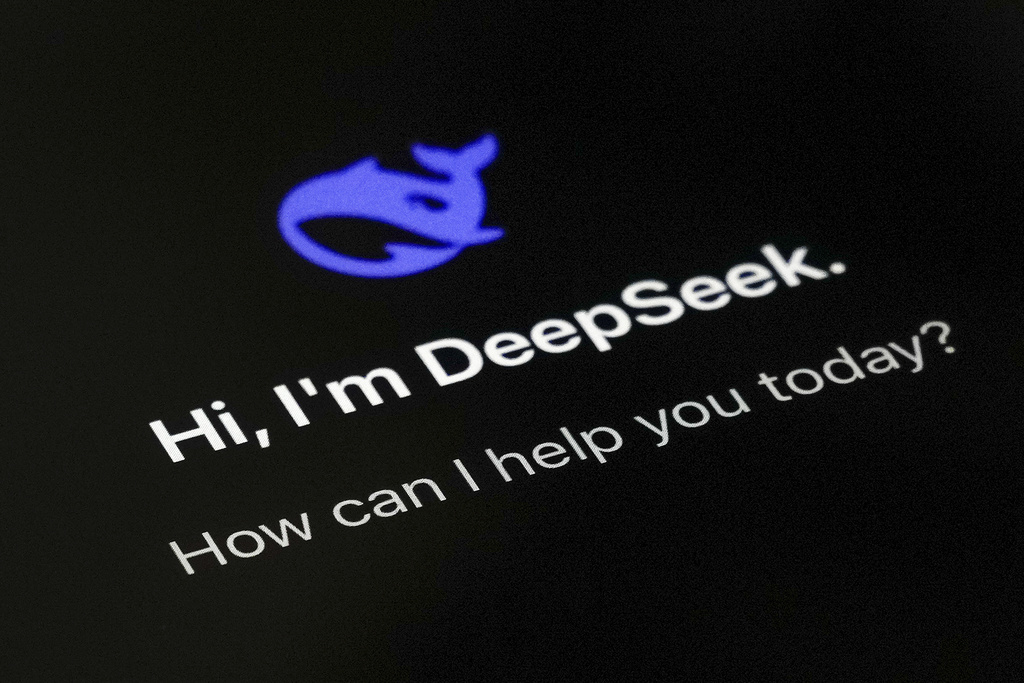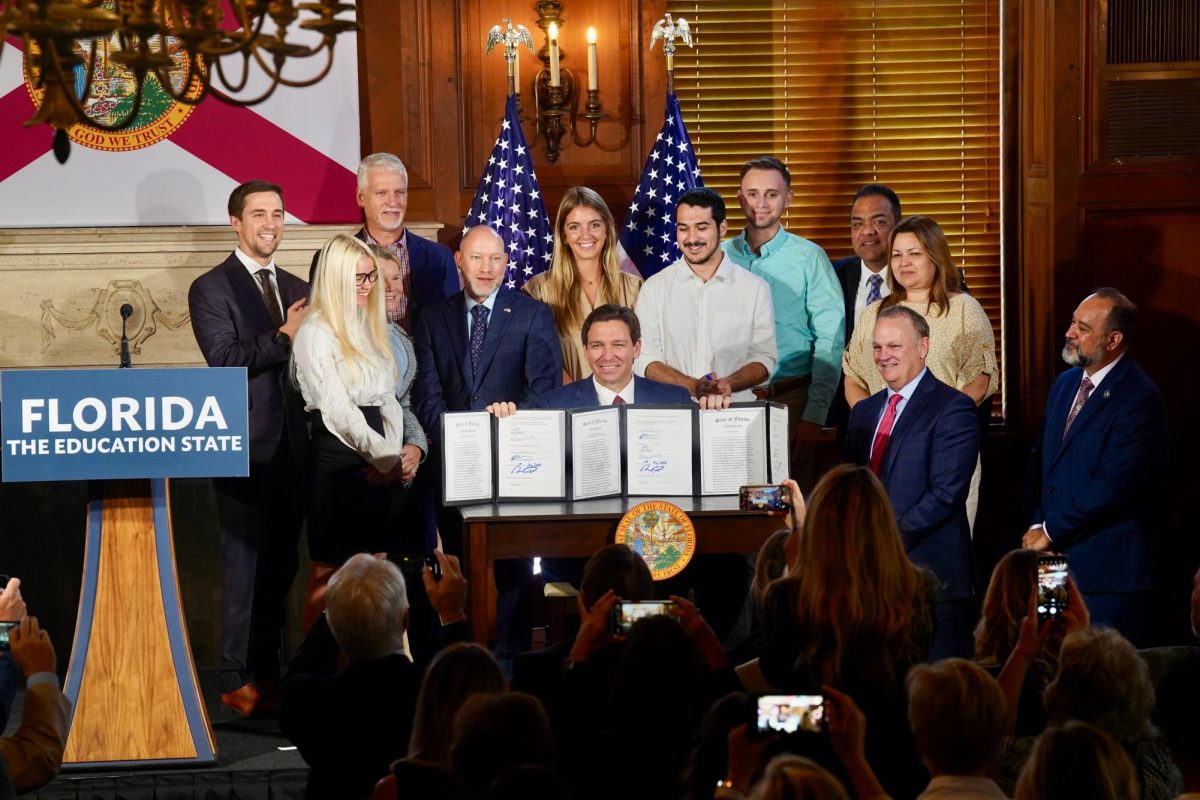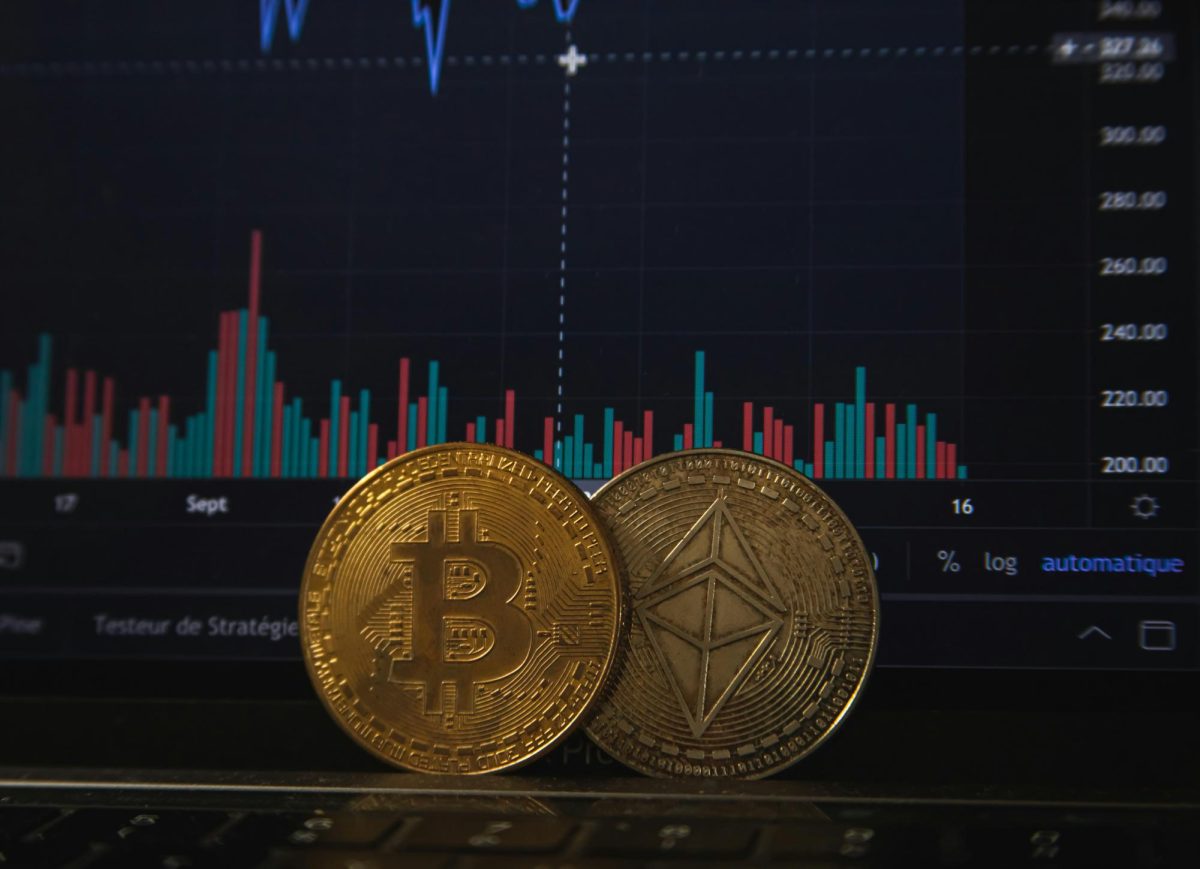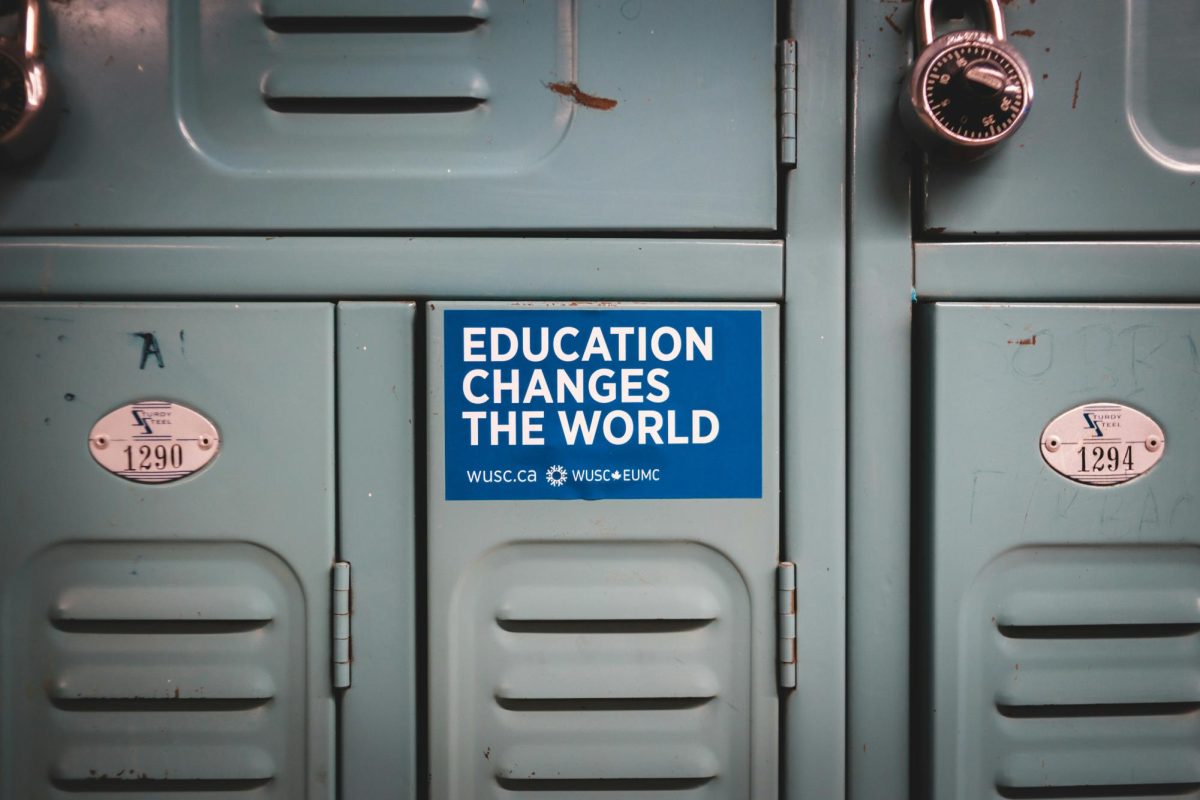This article expresses the views of its author(s), separate from those of this publication. Readers are encouraged to comment or submit a Letter to the Editor to share their opinions. To submit a Letter to the Editor, follow the instructions here.
Chinese AI company DeepSeek rattled Wall Street investors during the last week of January, with the S&P 500 index falling 1.5 percent and Nasdaq 3.1 percent. That same day, Nvidia, a company that manufactures computer chips for AI, saw its stocks lose billions of dollars worth of value.
The company that caused a good part of this turmoil, DeepSeek, claims to have made an advanced reasoning model on par with American chatbots like OpenAI’s ChatGPT. However, they assert that training one of their AI models only costs $5.6 million.
For reference, ChatGPT-4, one of the most recent OpenAI models, “had a technical creation cost of $41 million to $78 million,” quite a larger number than what DeepSeek is claiming.
OpenAI’s Plagiarism Allegations
One recent development involving DeepSeek’s impact on AI stocks is OpenAI accusing DeepSeek of potentially “inappropriately distill[ing] our models.”
The accusation of distilling boils down to OpenAI claiming that DeepSeek queried OpenAI’s model numerous times to train its own model, essentially using OpenAI’s Large Language Model (LLM) as a “teacher”.
I want to call this plagiarism announcement surprising, but mainly because I find it shocking that OpenAI can accuse anyone of plagiarism.
The company that decried a ban on using copyrighted material to train LLMs, indicating that it would stunt the development of future models, is upset that someone copied their intellectual property.
I do not think OpenAI can spit in the face of artists and writers it used to be successful, and then expect sympathy when someone copies its AI model.
But OpenAI does have some hope on the horizon.
Around the time that DeepSeek made its splash on Wall Street, it was number one on the Apple App Store. Currently, it is number four in productivity.
Additionally, Missouri Senator Josh Hawley recently filed a bill attempting to ban U.S. citizens from using the app.
While I do understand possible data safety concerns, this backlash feels reminiscent of the push to ban TikTok. Prior to the TikTok ban, the Washington Post reported that Meta paid the consulting firm Targeted Victory to paint a negative public image of the app.
In the same statement where OpenAI made the distillation accusations against DeepSeek, they also said they would “take aggressive, proactive countermeasures to protect our technology and will continue working closely with the US government to protect the most capable models being built here.”
While both the move to ban TikTok and DeepSeek can be attributed to the consistently worsening relationship between the U.S. and China, tech companies are more than willing to weaponize geopolitics to help their bottom line.
I think with the public conversation around DeepSeek, it is important to keep in mind the actual ethics and output of U.S. AI companies, like OpenAI, and consider that as legislation begins to be pushed.
___
For more information or news tips, or if you see an error in this story or have any compliments or concerns, contact editor@unfspinnaker.com.

















